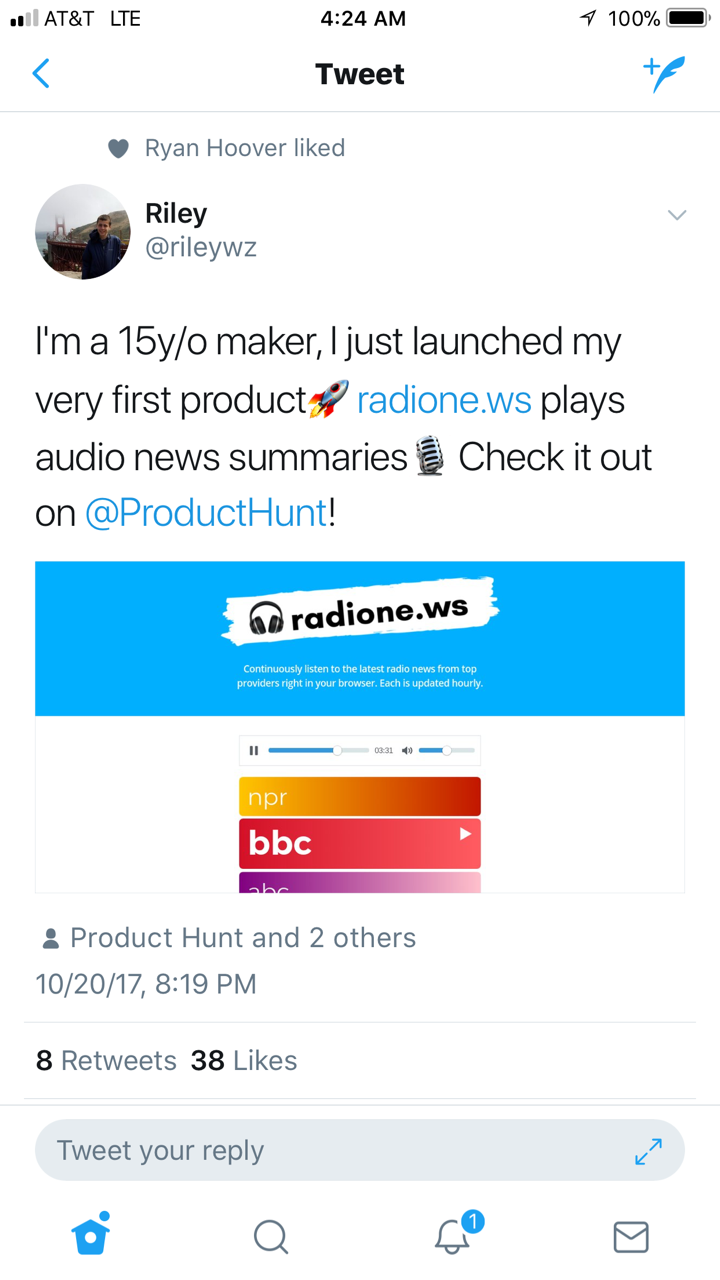
8 link building strategies that destroy search rankings
Quick Summary of Contents
- 1 1. Posting and commenting including excessive keyword links
- 2 2. Scratch your back if you scratch mine link building strategies
- 3 3. Buying and selling link building strategies
- 4 4. Link building to unrelated or low-quality websites
- 5 5. Guilty by association link building
- 6 6. Building exclusive link pages or link wheels for the sole purpose of search engine rankings
- 7 7. Automated link building to directories, forums, blogs, etc.
- 8 8. Over-use of footer links
- 9 Link building conclusion
Looking for good link building strategies, aye?
We have the answer for getting your website the greatest and most valuable search engine ranking ever most search engine marketing (SEM) and search engine optimization (SEO) claim:
Here’s a link, there’s a link, and every where’s a link.
Much like “extra, extra, read all about it” do some SEM/SEO firms push link building strategies as the end all be all.
Link building has its respective place within both SEM and SEO, and must be used in moderation with other white-hat SEM techniques.
Today, I’ll discuss a variety of link building strategies, both good and bad.
My hope is that your website does not find itself classified as using bad link building strategies that sounds too good to be true.
By the time you finish reading this article, you’ll be about to discern and identify sound link building opportunities that increase search engine ranking, and politely declining the bad link scheme model.
Let’s get started.
1. Posting and commenting including excessive keyword links
With the popular success of blogs and forums, everyone and their grandmother now having one, blogs and forums have become a breeding ground for commenting and including excessive keyword links in a person’s profile or signature.
Until a few years ago, many people were driving an exponential amount of traffic as well as being highly favored by major search engines due to each post counting as an independent link.
Today, such “link juice” actions are greatly frowned upon and negatively impact websites allowing this type of model and their recipient websites the keywords are linked too.
In short, don’t include keyword links in your profiles when commenting in forums and blog post, nor allow any SEM/SEO firm to do such a thing as a part of their search engine optimization and ranking plan.
2. Scratch your back if you scratch mine link building strategies
This type of link exchange is one that negatively impacts both websites involved in the link exchange.
 Although this type of link exchange finds itself to be in a gray-hat seo area due to this type of link exchange could be a very legitimate exchange when websites involved share a common interest and subject matter in regards to their content.
Although this type of link exchange finds itself to be in a gray-hat seo area due to this type of link exchange could be a very legitimate exchange when websites involved share a common interest and subject matter in regards to their content.
This is where it can get quite cloudy on what is and is not, or what should or should not be allowed.
However, most website owners tend to focus on sites within their industry to exchange with making it semi-reasonable.
But link exchanging with unrelated sites, which will cover in a few, is definitely not in your website’s best interest.
Either way, major search engines have decided to raise the bar and consider link exchanging to negatively impact a website due to the topic itself being a slippery slope into fraudulent linking behavior.
3. Buying and selling link building strategies
Although you’ll find many websites posting paid and non-paid product reviews, major search engines have taken a stance to negatively impact sites which participate in this type of link scheming.
It’s very easy to end up with thousands of links and an inflated PageRank.
 Financially speaking, this type of link exchange is very popular and wildly successful for bloggers who write product reviews for a variety of businesses.
Financially speaking, this type of link exchange is very popular and wildly successful for bloggers who write product reviews for a variety of businesses.
Yes, this type of link building strategy is a great way to drive traffic to one’s website and gain product awareness.
However, too many of these and your website will find itself imprisoned and penalized to the max in major search engines.
We’re not advocating such link exchanging, but keep in mind the definition difference in moderation and excessive.
In addition, realize that search engines categorize this type of linking method as one that can negatively impact a website’s search engine ranking.
 Before major search engines included algorithms to address linking to unrelated or low-quality websites, website owners and SEM/SEO firms could easily rank a website by performing the following actions:
Before major search engines included algorithms to address linking to unrelated or low-quality websites, website owners and SEM/SEO firms could easily rank a website by performing the following actions:
- creating websites that use distinct IP addressing schemes
- interlink each website to other websites, commonly known as minisites
- linking and using private blog networks (PBNs)
Once this behavior started happening, websites that had never graced the front pages of major search engines began to appear in addition to their newly found inflated PageRank.
Search engines put a stop to this style of linking party.
In addition, website owners shot themselves in the foot twice because their website had been heavily penalized and they unable to remove the linkage from a wide variety of the unrelated websites they did not personally own.
One word, two times: OUCH.
5. Guilty by association link building
Just like the picture above says: DANGER!
My mother always warned me about my associations growing up and how one could find himself or herself in a world of trouble by merely appearing to be associated to the wrong group of people or person.
Much of the same can be said when one partner’s with a SEM/SEO firm or professional as well as linking to or from those websites known for webspamming or spamdexing.
In short, watch your associations or you’ll find your website holding the bag of SEO penalties and less than stellar search engine rankings.
6. Building exclusive link pages or link wheels for the sole purpose of search engine rankings
 Much can be said for the exclusive link pages or link wheels designed for the sole purpose of search engine rankings and gaming search engines.
Much can be said for the exclusive link pages or link wheels designed for the sole purpose of search engine rankings and gaming search engines.
There are legitimate pages such as typical websites have partner pages and some provide links to those partner websites.
Having a partner page provides customers an opportunity to educate and become familiar with how and whom the company partners.
But like with everything in life, there is always a crowd that takes this from a moderate behavior to an excessive behavior.
Remember, there is an obvious distinction in a true partner page versus a smorgasbord of links claimed to be partner page.
Take the responsibility in deciding this for website and don’t allow the search engines to decide it for you as it won’t be pretty.
7. Automated link building to directories, forums, blogs, etc.
 If your website launched on Monday and by Monday close of business has a large number of links from various directories, forums, and blogs, then there is a good chance the website can kiss the front page of major search engines goodbye and say hello search engine penalty box for a longtime coming.
If your website launched on Monday and by Monday close of business has a large number of links from various directories, forums, and blogs, then there is a good chance the website can kiss the front page of major search engines goodbye and say hello search engine penalty box for a longtime coming.
Even if the website has existed for quite some time, if major search engines detect the use of automated link scheming, they will penalize the website and highly-visible rankings will be something longed for. Next.
Have you ever seen a list of cities, zip codes, or even keyword/keyword phrases in the footer of a website?
If you have or if your website is guilty, then remove this content, or else face the music and the search engine penalties that come with the territory for implementing such a link scheme.
It’s one thing to have a few city names, zip codes or keywords listed and they not be linked.
It’s a whole different story to link those items as this is seen as a deceitful opportunity to gain greater search engine ranking and PageRank presence.
The same thing can be said for a website that stuffs it’s sitemap with additional keywords linked to keyword content pages.
In short, they are all highly frowned upon and penalized by all major search engines.
Link building conclusion
There are legitimate ways to build proper link exchanges (e.g. link building strategies using website badges).
Many, if not all, will occur naturally when a business decides to focus on the creation of original, valuable and useful content.
Yes, this is a slow approach, but this approach focuses on the true meaning of what search engines strive to give users each time they search: the most valuable content to meet their needs.
Providing this type of content to customers, allows for customers to share with others in a multitude of legitimate ways – social media, blogs, email.
Our hope is this post has provided you and your business some insight on what to lookout for when SEM/SEO firms or professionals come knocking and peddling their deceitful link building strategies.
And if their link building strategies and services match what is discussed above, then you know our saying: run for the hills and FAST!













[…] pay-per-click advertising to paid ads to search engine optimization to guest blogging to link building to mini-sites, the average website owner or person looking to increase website traffic does not […]
[…] 8 link building strategies that destroy search rankings Prevent Search Engines From Crawling and Indexing Website or Specific Website Pages Reduce Website Bounce Rate in 4 Effective Steps Google Authorship Boosts Search Engine Rankings This entry was posted in How-To Guides, Link Building, Search Engine Optimization, Search Engine Optimization Tools on May 3, 2013 by Alvin Brown. […]
[…] include but not limited to the following: keyword stuffing, duplicate content, invisible text, buying incoming links in bulk or link farming, blog pinging, spamdexing, hacking websites, and spamming through blog […]